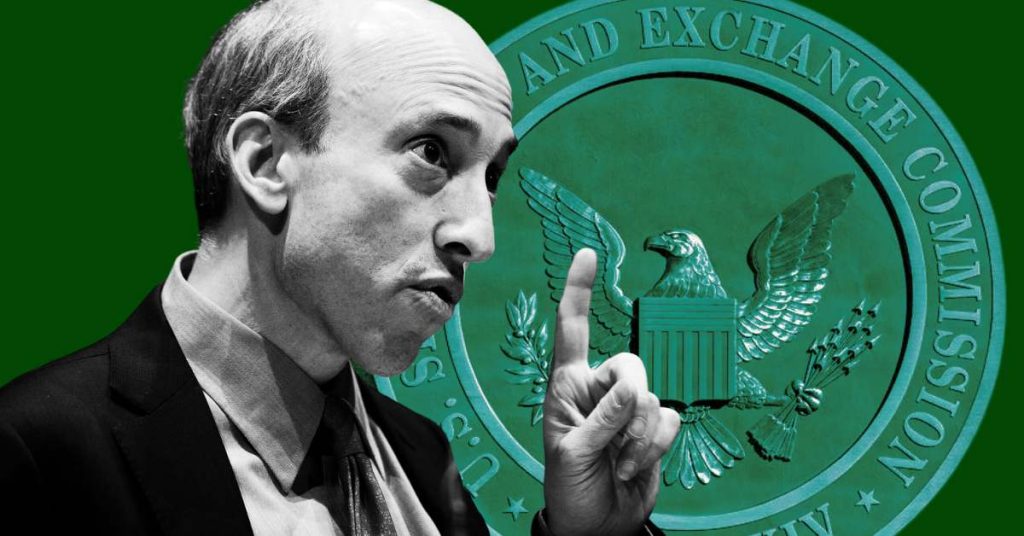ARTICLE AD BOX

The post From Ripple To Ethereum: Understanding What The SEC Is Trying To Do With The Regulations appeared first on Coinpedia Fintech News
In a recent interview with Thinking Crypto, Bill Hughes, the Senior Counsel and director of Global Regulatory Matters at Consensys, opened up about Ethereum, how it was seen differently before, and how now it’s getting confusing with what the SEC thinks about it. There’s talk about subpoenas to the Ethereum Foundation and worries that it might change things for Ethereum users and the market. What’s been happening with Ripple?
The interviewer mentioned the Ripple case and the impact of the SEC’s ruling on Ripple XRP. While the case is ongoing, a significant ruling stated that XRP isn’t inherently a security. However, its classification depends on how it’s handled and distributed, such as through contracts.
Ethereum, Ripple, and the SEC: Understanding the Future of Cryptocurrency Laws
For instance, the judge differentiated between secondary market and institutional sales involving contracts and discussions with Ripple. This raises questions about how similar regulatory issues might affect Ethereum despite their different structures. How could this precedent influence Ethereum’s stance against the SEC?
Bill Hughes explained the differences between Ripple and others, such as in the Coinbase and Terraform Labs cases. In the Ripple case, the court focused on the Howey test, which assesses individual transactions or contracts to determine if they qualify as securities. However, in other cases, the courts looked beyond specific transactions or contracts to consider broader schemes.
This poses a challenge because the SEC can broadly define schemes, potentially encompassing various activities such as securities transactions. Crypto industry stakeholders argue that a limiting principle is needed to prevent the SEC from indiscriminately labeling crypto activities as securities transactions.
He feared that without such limitations, almost anything in the crypto space could be classified as a security, giving the SEC excessive authority. He calls for clearer legislation to provide coherent policies for regulating crypto rather than leaving the industry uncertain. Hughes raises the question of what will happen first: meaningful legislative action or continued ambiguity in crypto regulation.
.png)
 8 months ago
16
8 months ago
16








 English (US)
English (US)